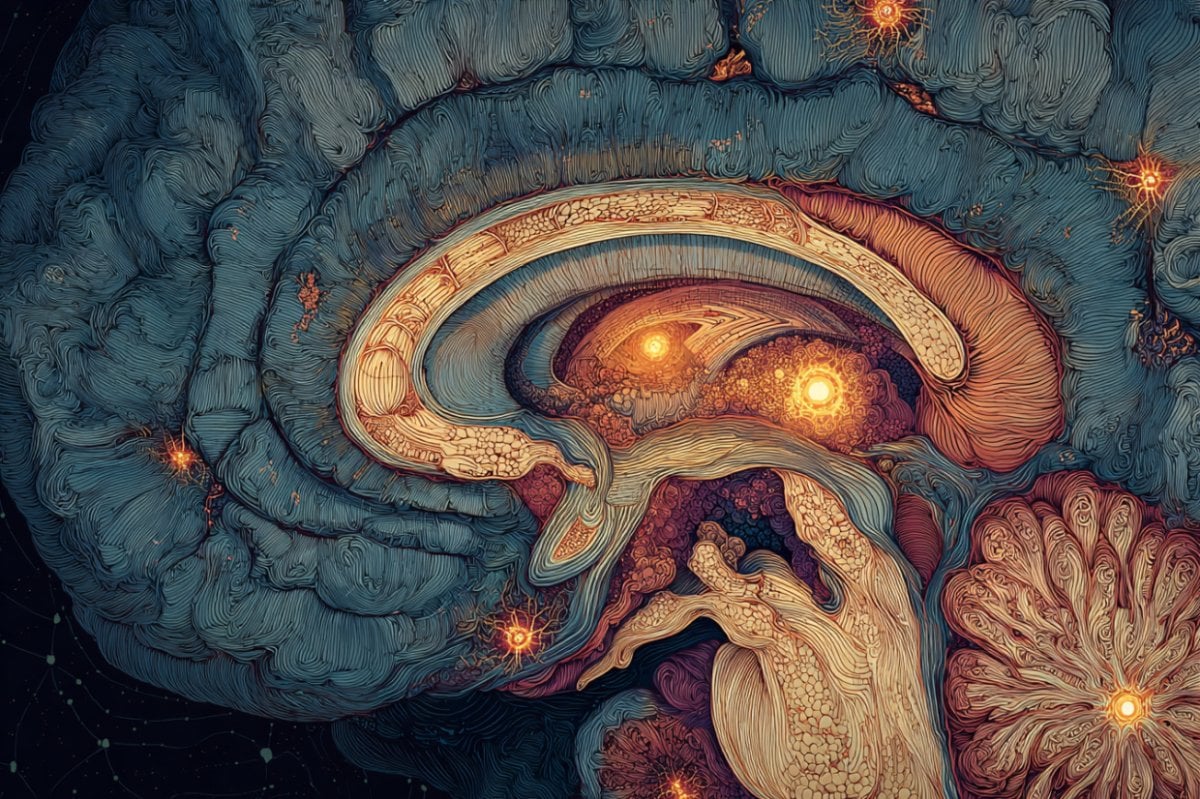
Human Brains Continue Making New Neurons Into Late Adulthood, Study Confirms
Groundbreaking research from the Karolinska Institutet confirms that the human hippocampus – a crucial brain region for learning and memory – continues to generate new neurons well into late adulthood, up to age 78.
The Ongoing Miracle of Neurogenesis
For decades, neuroscientists have debated whether the adult human brain can create new neurons, a process called neurogenesis. While observed in rodents, definitive evidence in humans remained elusive. Now, a study published in Science provides some of the clearest evidence yet that this vital process extends well into adulthood.
Researchers identified neural progenitor cells – the precursors to neurons – in the brains of adults up to 78 years old, confirming ongoing neurogenesis in the hippocampus.
How the Study Was Conducted
The research team employed a combination of advanced techniques, including:
- Single-nucleus RNA sequencing: Analyzed gene activity in individual cell nuclei.
- Flow cytometry: Studied cell properties.
- Machine learning: Identified different stages of neuronal development.
- RNAscope and Xenium: Localized cells within the brain tissue.
These methods were applied to brain tissue samples from individuals aged 0 to 78, sourced from international biobanks.
Key Findings
- Neural progenitor cells persist: The study confirmed the existence and division of neural progenitor cells in the adult human hippocampus.
- New neurons in the dentate gyrus: Newly formed neurons were localized to the dentate gyrus, a region critical for memory formation, learning, and cognitive flexibility.
- Species similarity with variations: Adult human neural progenitors share similarities with those in mice, pigs, and monkeys, but exhibit distinct gene activity patterns.
- Individual variation: Significant differences were observed between individuals, with some having many neural progenitor cells and others having few.
Implications for Future Treatments
This research offers hope for developing regenerative therapies targeting cognitive and psychiatric disorders. Understanding the mechanisms of adult neurogenesis may pave the way for stimulating neuron production to combat neurodegenerative diseases and improve brain health.
Key Takeaways
- The human hippocampus continues to generate new neurons well into late adulthood.
- Neural progenitor cells are present and actively dividing in the adult brain.
- Individual variation in neurogenesis highlights the complexity of brain plasticity.
- These findings open new avenues for research into regenerative therapies for brain disorders.
